Welcome User
Relevance
Best Online Doctors for Cardiology (123 doctors)
Book appointment for a trusted Cardiologists in Ernakulam. Check doctor fees, available slots & locations. Apollo 24|7 features some of the top Cardiologists in Ernakulam who have experience in treating conditions such as Chest pain, Heart Failure, Cholesterol and more. You can book online consultations & physical doctor appointments via Apollo 24|7. Compare Cardiologists fees, experience and more, find a specialist doctor near you. Apollo hospitals has a renowned Cardiology department in Ernakulam.
No doctors available for physical visits. Showing doctors for online consultations only.

Dr. Arun B S
Cardiologist
10 Years • MBBS, MD, DM
Bengaluru
Apollo Clinic, Electronic City, Bengaluru

Dr. Prabhakar D
Cardiologist
15 Years • MBBS, MD, DM
Chennai
Apollo First Med Hospitals P H Road, Chennai
(25+ Patients)
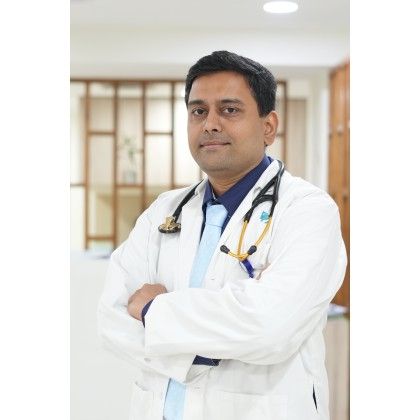
Dr Gautam Naik
Cardiologist
12 Years • Senior ConsultMBBS, MD (General Medicine), DM (Cardiology), Interventional Cardiology Fellowship (Royal Papworth Hospital, Cambridge, UK), Structural Heart Intervention Fellowship (Barts Heart Centre, St Bartholomew's Hospital, London)
Delhi
Apollo Hospitals Indraprastha, Delhi
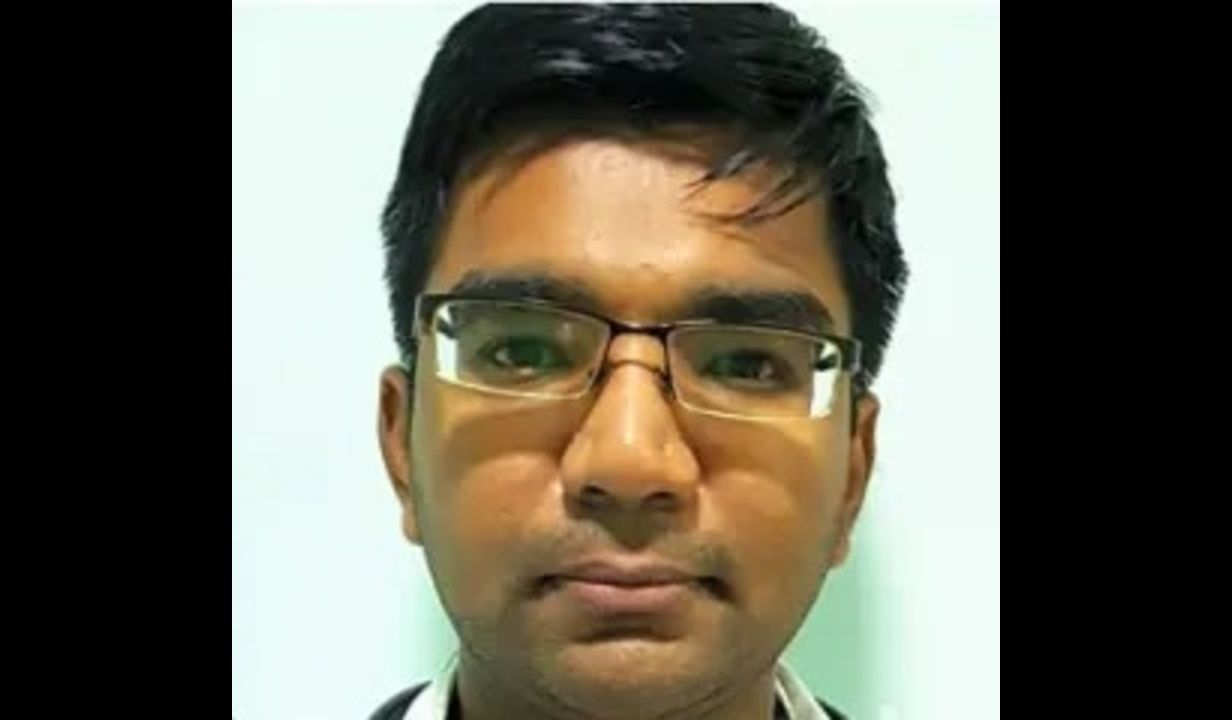
Dr. S Nishanth
Cardiologist
5 Years • MBBS, MD, DM (Cardio)
Chennai
Apollo Clinic, Valasaravakkma, Chennai
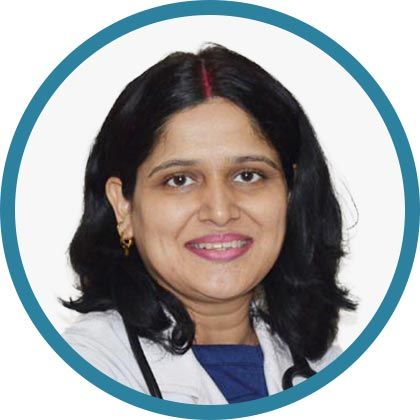
Dr. Shilpi Mohan
Cardiologist
18 Years • MBBS, MD (Medicine), DNB (Cardiology), FICD, FICC, FCCP
Hyderabad
Apollo Clinic, A.S.Rao Nagar, Hyderabad
(25+ Patients)
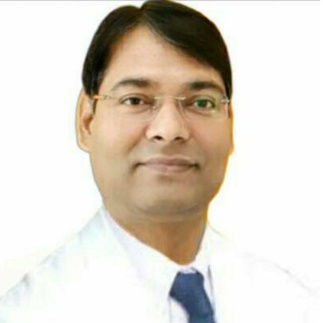
Dr. S N Pathak
Cardiologist
17 Years • MBBS, MD (Medicine), DM (Cardiology)
Delhi
Apollo Hospitals Indraprastha, Delhi
(25+ Patients)
Dr. Amiya Kumar Chattopadhyay
Cardiologist
42 Years • MBBS Diploma Cardiology, DTM& H
Kolkata
Residence Chamber, Kolkata
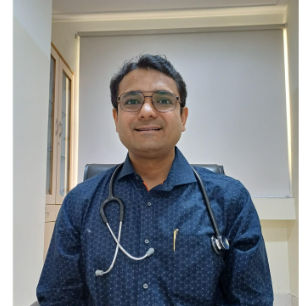
Dr. Vinit Shah
Cardiologist
20 Years • MBBS, PGDGM, PGDCE, PGDAE, PGDAU
Ahmedabad
Apollo Hospitals - Gandhinagar, Ahmedabad, Ahmedabad
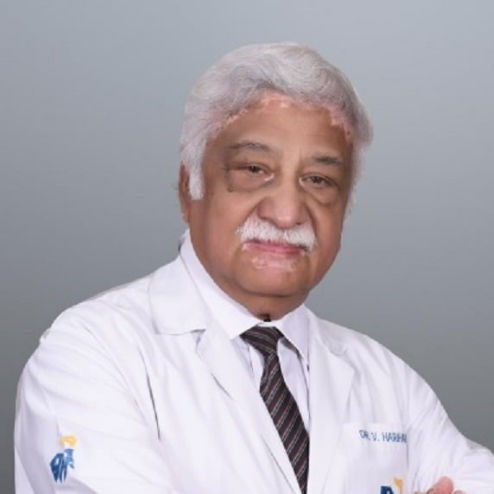
Dr. Col V Hariharan
Cardiologist
34 Years • MBBS, MD(Med.), DM (Cardio), FICA FISE FICC
Delhi
Apollo Hospitals Indraprastha, Delhi
(50+ Patients)

Dr. Rajeshwari Nayak
Cardiologist
24 Years • MBBS, DNB (Med), DNB (Cardio), Fellowship Heart failure(Australia), Fellowship ECHO(Australia), FRCP(Glasgow), FACC, FESC, FCSI, Adj. Prof AHERF
Chennai
Apollo Hospitals Greams Road, Chennai
(175+ Patients)
FAQs
What does a heart specialist doctor do?
A heart specialist, also known as a cardiologist, diagnoses and treats conditions of the heart and blood vessels. He or she is adept at interpreting tests, managing treatments like medications or procedures, and advising on lifestyle modifications for heart health.
What are the common symptoms of heart disorders?
Symptoms of heart disorders can include chest discomfort, shortness of breath, fatigue, irregular heartbeat, swollen legs or abdomen, and fainting spells. It's crucial to seek medical attention if such symptoms persist.
What is the field of cardiology?
Cardiology is a medical speciality dealing with issues related to the heart and circulatory system. It involves diagnosing and treating heart diseases and abnormalities, such as congenital heart defects or coronary artery disease.
What are the common heart disorders a cardiologists treats?
A heart specialist treats various conditions, including coronary artery disease, arrhythmias (irregular heartbeats), heart failure, valvular heart diseases, and congenital heart defects.
When should I consult a heart specialist?
You should consult a heart specialist if you experience symptoms like chest pain, shortness of breath, unexplained fatigue, or irregular heartbeat. Regular check-ups are also advised if you have risk factors like smoking, diabetes, high blood pressure, or a family history of heart disease.
Are there different types of cardiologists?
Yes, there are various types of cardiologists. For instance, an interventional cardiologist performs procedures like stent placements, while an electrophysiologist deals with heartbeat irregularities (arrhythmias). A paediatric cardiologist specialises in children's heart problems.
Can a heart specialist perform cardiac surgery?
Generally, a cardiologist doesn't perform surgery. Cardiothoracic surgeons, a different medical speciality, perform major surgeries like bypass grafting or valve replacements. However, some cardiologists, like interventional cardiologists, can perform minimally invasive procedures.
Which doctor is best for the heart?
It varies based on your condition. A general cardiologist is best for routine heart issues. You might need an electrophysiologist or a structural heart disease specialist for complex cases like irregular heartbeats or structural heart defects.
What to expect at your first visit to a heart doctor specialist?
Your first visit to a heart specialist may involve discussing your symptoms, medical history, and lifestyle habits. The doctor might also conduct physical examinations and tests like ECG, blood tests, or imaging to diagnose your condition.
How do heart specialists check for blocked arteries?
Heart specialists use several methods to check for blocked arteries. These include stress tests, echocardiograms, coronary angiography, CT scans, and MRIs. These tests help identify blockages and plan the appropriate treatment strategy.